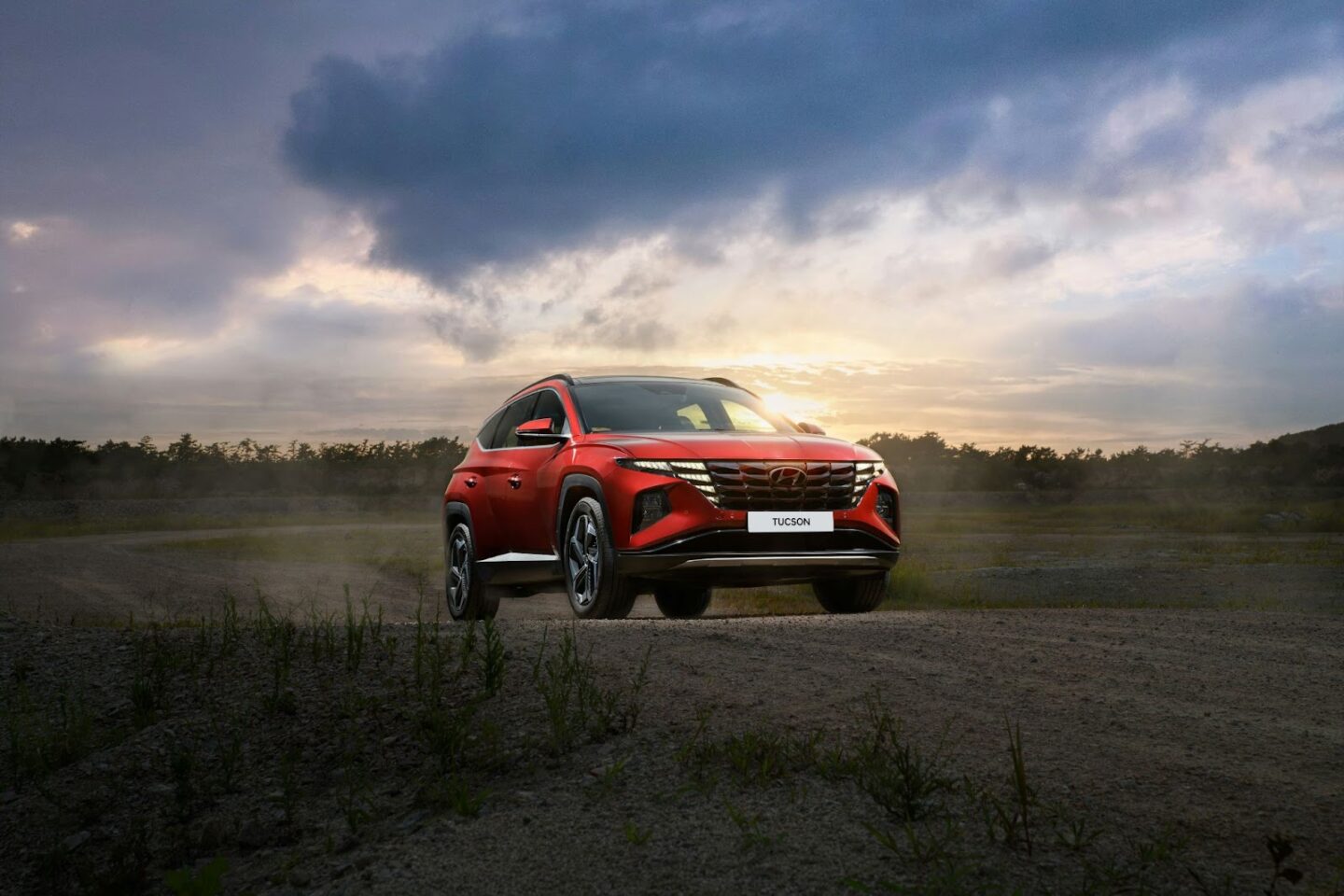When it comes to choosing an ideal vehicle for travel, an SUV often tops the list. With its spacious interiors and rugged design, SUVs have quickly become one of the go-to choices among many who look for comfort alongside adventure. Like any vehicle though, SUVs carry their own set of advantages and disadvantages. In this blog, we'll look at these features so that you can decide if an SUV should become part of your traveling plan or not.

Pros of Traveling in an SUV
Room to Breathe
An SUV's biggest advantage is its generous interior space. Not only can these vehicles offer passengers more legroom to make long drives less taxing, but they also boast ample storage. From packing supplies for family picnics to gear for an adventure weekend trip, SUVs like a used Hyundai Tucson are capable of holding an impressive amount of luggage and equipment without making you play “Luggage Tetris.”
Off-Road Renaissance
For those who crave the wild, SUVs provide the ideal off-roading solution. Many models boast four-wheel drive and high ground clearance to lure in adventurous spirit while providing secure handling over more arduous terrain than a sedan vehicle would allow. Roads which may seem intimidating from sedans become conquerable terrain that expand your journey beyond simply peaceful countryside roads to include mountain trails and backroads as well.
An Elevated Perspective
There's something enthralling about taking in the world from above, and SUV seating provides drivers and passengers an expansive view of the road below them. Not only can this increase comfort levels, but from a safety perspective it can increase awareness of potential road hazards, resulting in an overall more confident driving experience.
Cons of Traveling in an SUV
Fuel for Thought
Like anything of value, SUVs come at a cost, and their fuel bills tend to make headlines. Due to their larger sizes and more powerful engines, these vehicles often consume excessively. And at a time when environmental awareness and fuel economy have taken center stage, their thirst for petrol may become both financially and ecologically burdensome.
Parking Predicaments
Once at your destination, parking a massive SUV may present new difficulties. Finding an appropriate spot can often seem like searching for water in a desert. Tight parking spaces and narrow city streets can turn what should have been an enjoyable journey into an arduous ordeal to navigate, particularly in bustling urban environments.
Maintenance Costs
SUVs often come with higher maintenance costs. Their larger tires, complex drivetrains, and sophisticated off-road suspension systems may need servicing more frequently or may be more expensive to fix. Also, insurance premiums for them often surpass those for smaller vehicles due to additional risks associated with their size and weight.
Conclusion
Ultimately, whether an SUV is the best choice for your travels depends on your personal priorities and circumstances. If you value spaciousness and intend to explore beyond the usual travel routes, an SUV might be perfect. Otherwise, eco-friendly touring or occasional urban jaunts might make alternative vehicles more suitable. Whatever vehicle suits your goals and lifestyle requirements best is important when choosing your travel vehicle. By considering all aspects, weighing pros and cons can help make an informed decision and hit the road with confidence.





